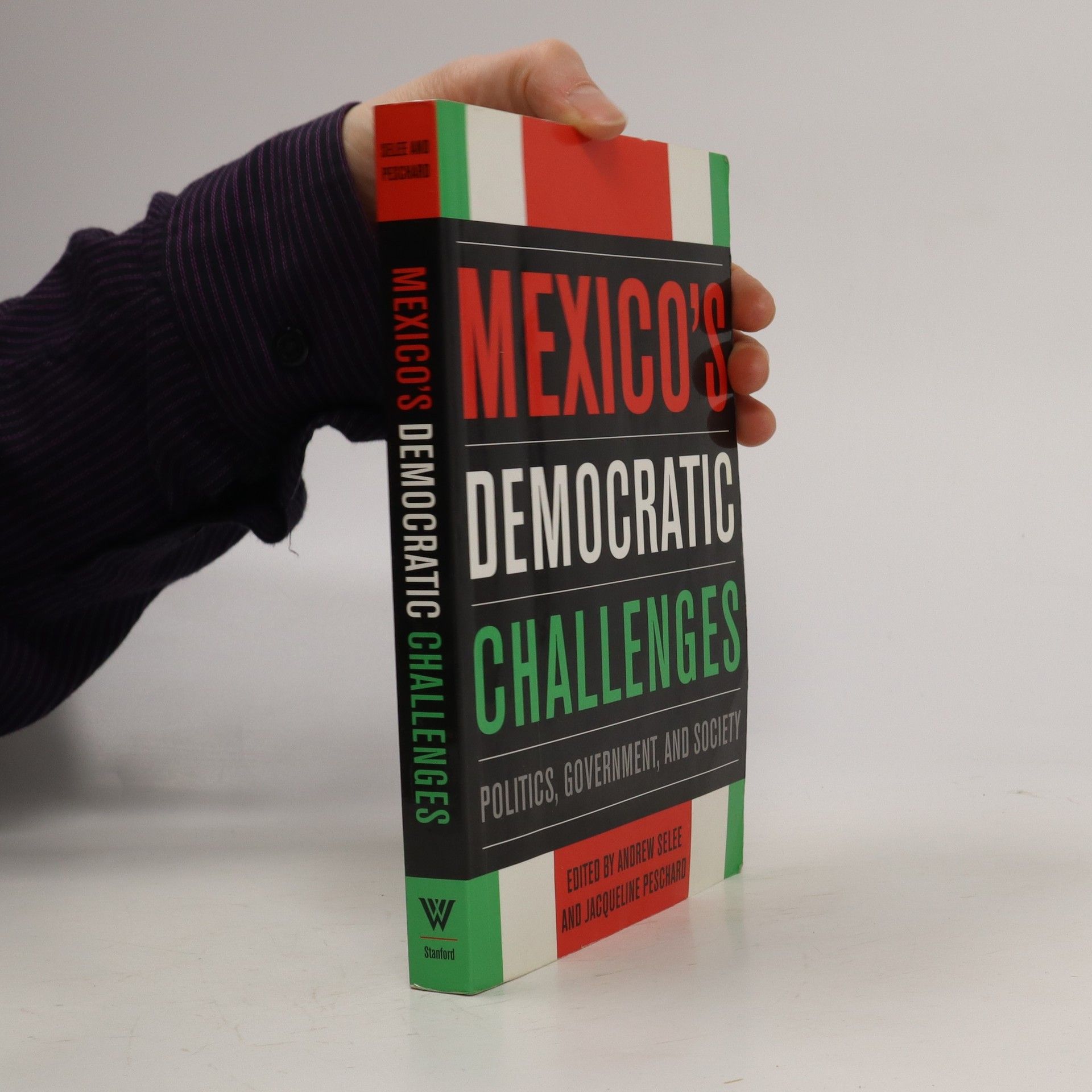Only a decade ago, Mexico saw the end of seventy years of single-party hegemonic rule and the first free and fair election in its history. How has the country evolved since then, and what is the status of its democracy today? In this comprehensive new collection intended for use in undergraduate courses a group of distinguished scholars examines recent political developments in Mexico—including its 2006 election and the breakdown in consensus that nearly resulted—in order to assess the progress of its democratization. Focusing on transformations in Mexico's evolving political party system, institutions in transition, and the changing nature of state-society relations, contributors to this book discuss the challenges that Mexican democracy faces today as well as the potential it has for further change in the near future.
Andrew Selee Book order (chronological)
Andrew Selee is the President of the Migration Policy Institute. His work focuses on the policies and impacts of migration, with his analyses frequently cited in both US and global press. He dedicates himself to a deeper understanding of migration processes and their societal effects.
